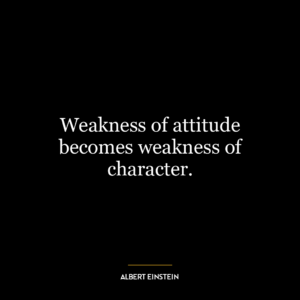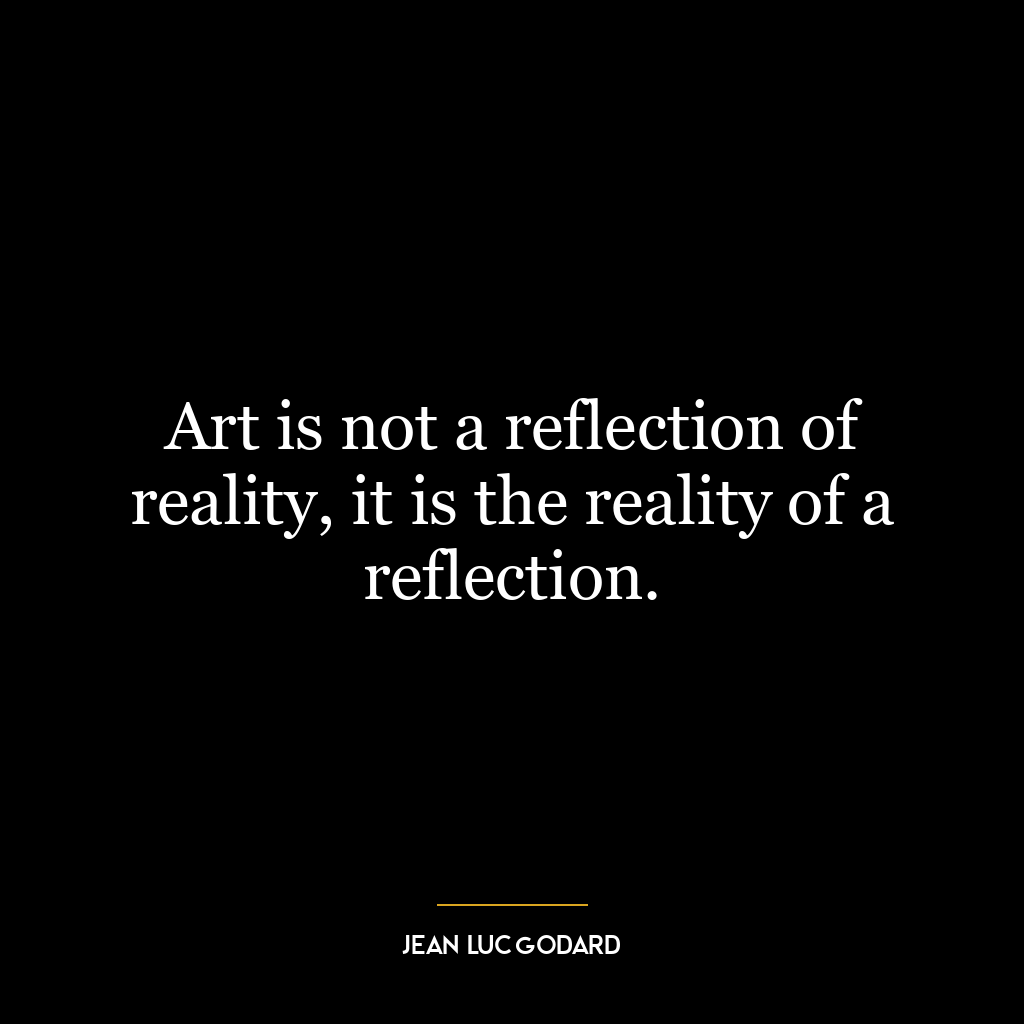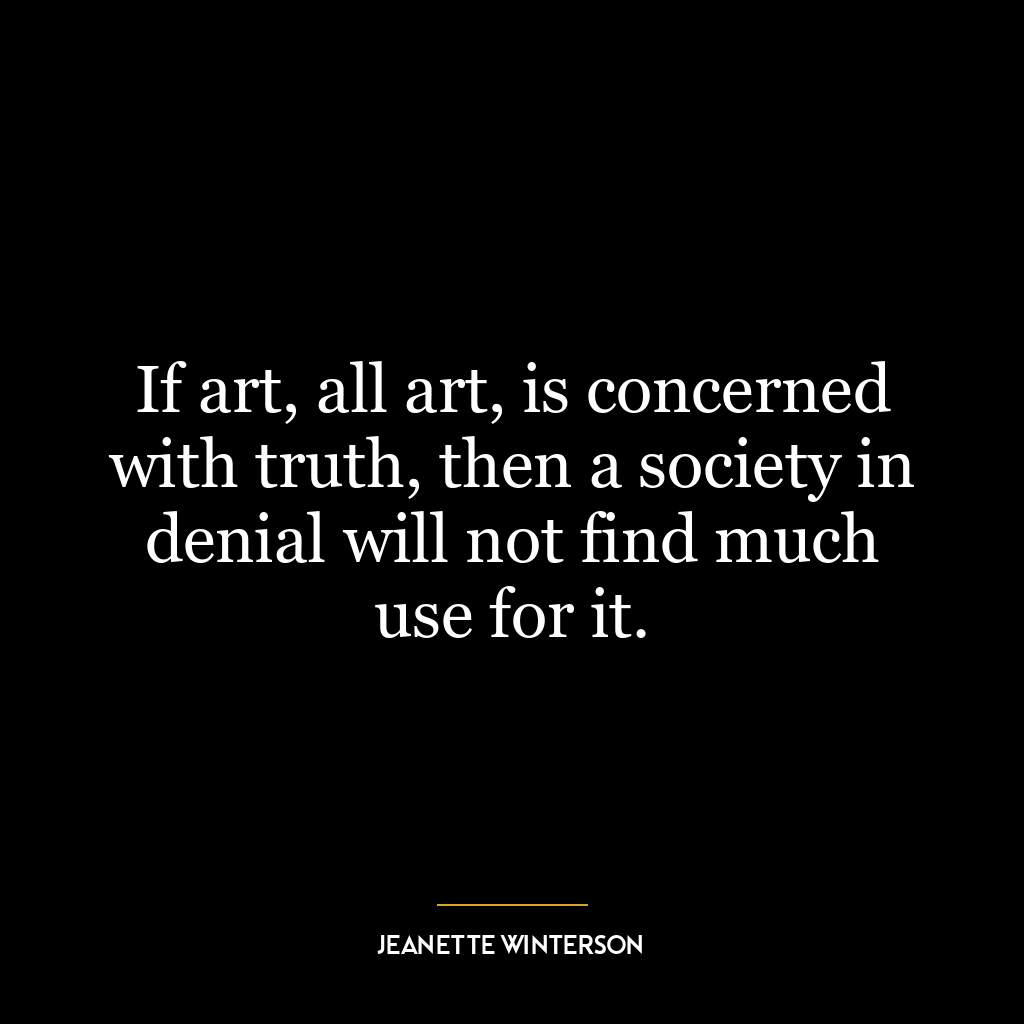This quote emphasizes the importance of honesty and integrity in all aspects of life, regardless of the perceived magnitude of the situation. It suggests that a person’s attitude towards truth in small matters is a reflection of their overall character and gives an indication of how they will behave in larger, more significant matters.
The principle here is that truth should not be subjective or situational; it should be a constant and unwavering standard. If someone is willing to be dishonest in small matters, it indicates a willingness to compromise on truth, which can extend to larger issues as well. In other words, a person’s honesty in minor matters serves as a litmus test for their trustworthiness in more significant aspects of life.
In today’s world, this idea is particularly relevant in various contexts. For instance, in the corporate world, a company that is transparent and honest about small details can be trusted with larger responsibilities and contracts. Conversely, a company that is found to be dishonest in minor issues is likely to face distrust and skepticism.
Furthermore, in personal relationships, trust is built on small acts of honesty. If someone is found to be lying about trivial matters, it can erode trust and cast doubt on their honesty in more important matters.
In terms of personal development, this quote emphasizes the importance of cultivating honesty as a fundamental character trait. It encourages individuals to be truthful in all situations, regardless of how insignificant they may seem. This not only builds trust with others but also fosters self-respect and integrity.
In summary, the quote underscores the intrinsic link between truthfulness in small matters and trustworthiness in larger ones, and highlights the importance of maintaining honesty as a core value in all aspects of life.












